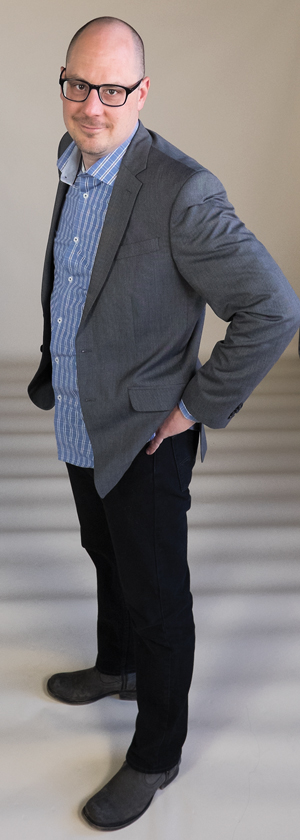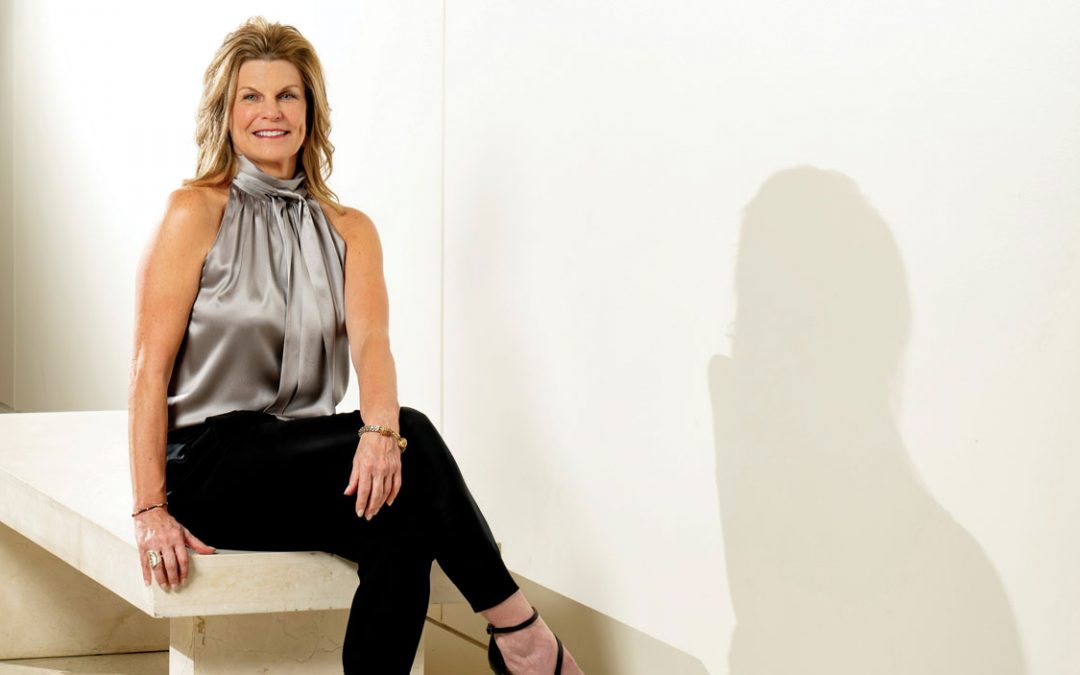One way to evaluate a politician’s ethics is using what Wally Siewert refers to as “the Illinois scale.”

(Photo by August Jennewein)
“At the bottom we might put Blagojevich and at the top we might put Lincoln,” says Siewert, the academic director of the Center for Ethics in Public Life at the University of Missouri–St. Louis. “If as a politician you just comply with ethics laws: conflict-of-interest laws, nepotism laws, transparency laws, etc., you don’t move very far up that scale. Complying with these just means that you’re minimally ethically adequate. You’re no Blago, but you’re not yet an Abe Lincoln either.”
Siewert wants politicians to be more than ethically adequate. The center’s goal, he says, is to help people in public life move further up that scale toward ideal statesmanship.
Who does the center primarily serve?
The center is focused on education and outreach to politicians. That includes running ethics workshops, conferences, classes and generally creating a conversation about ethics that’s useful to and part of the real-world political structure. We want to bring the academic study of politics down from the ivory tower and the real-world politics up out of the gutter a little bit. Hopefully both meet at road level.
You organized a political dysfunction conference at UMSL in the fall. Do you see political dysfunction as a major issue today?
It’s always a major issue. We’re never going to turn the corner where the problem is solved and we don’t need to pay attention to it anymore. There is no such thing as an ideal form of government or regime because the world is constantly changing, so government must constantly change too. When we talk about political dysfunction, what we’re talking about is the process that has somehow gone awry; the things happening at the governmental level don’t reflect the interests of the population. There must be constant adjustments to the system to make sure it reflects the changing realities of society. Ethical dysfunction is also very hard to define. What one person might call political dysfunction, another person calls ideal. Some people think a legislature that passes incredibly few laws is a good legislature. Some people think a legislature’s job is to keep working and make sure our laws are up to date. These are two legitimate viewpoints.
It sounds like it makes for a lot of friction.
Friction is the name of the game in government. Government is designed to answer the most difficult ethical question in society: “How do we protect the cooperation that makes our society strong, while simultaneously respecting a vast array of individual moral and political beliefs, and the rights of individuals to pursue these divergent visions of the good life?” This is an inherently conflict-ridden process. Our country is founded on the idea of limited government. But we also have to recognize there’s not this simple equation of more government equals less freedom. It’s an exchange of freedoms. The government takes away your right to shoot your neighbor and take his cows. But that gives you the freedom to invest in cows knowing you don’t have to worry about getting shot and having them taken away. That’s the nature of the beast with government. It’s a frictional and fraught process, which is why it needs constant vigilance.
This story was originally published in the spring 2015 issue of UMSL Magazine.















